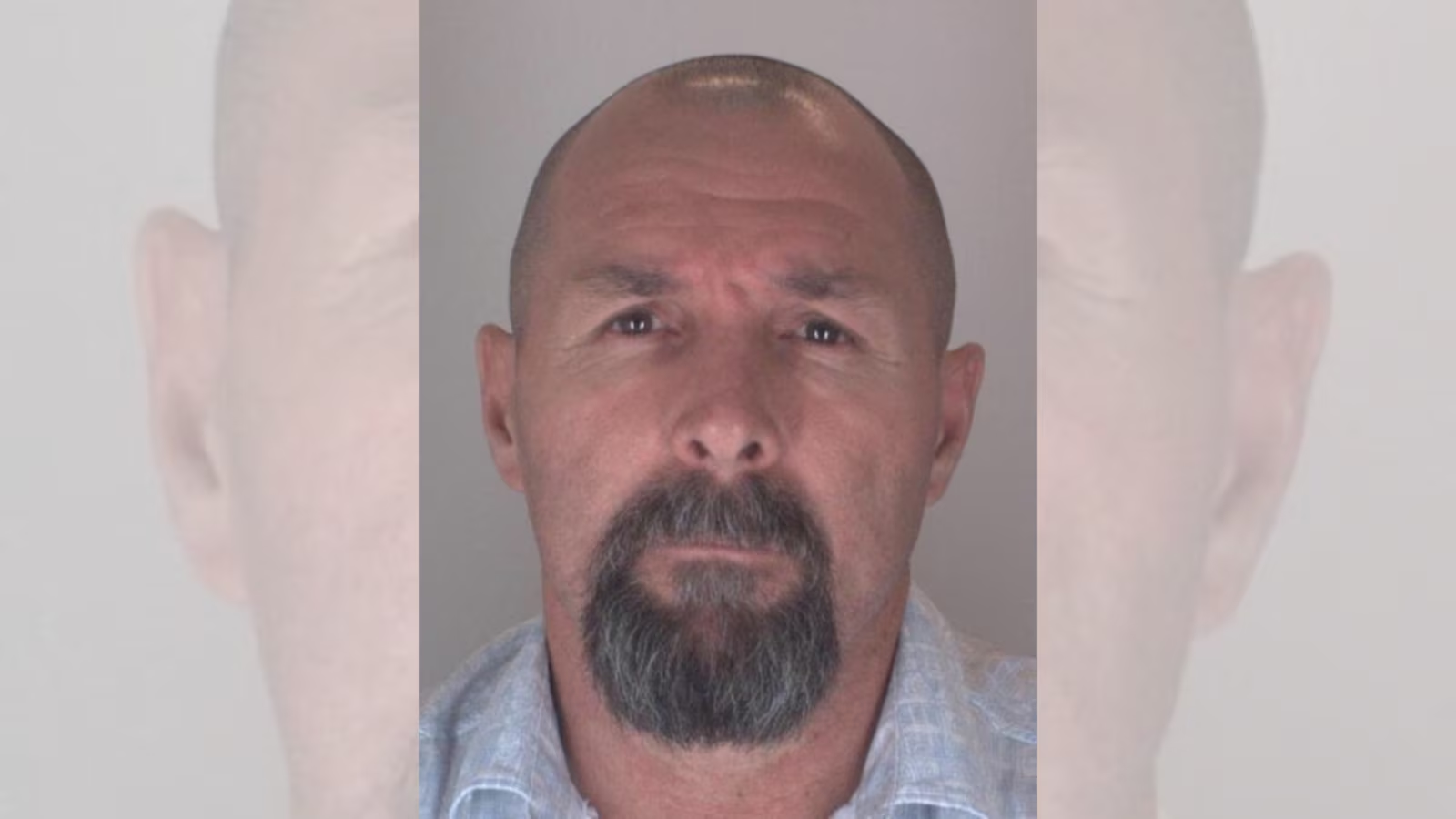For years, the Kremlin had suggested that, in any potential prisoner exchanges with the United States and its allies, one name was of particular importance: Vadim Krasikov.
A convicted Russian assassin, Krasikov was serving a life sentence in Germany for the 2019 murder of a Chechen dissident in a Berlin park. A German court determined that Krasikov had likely carried out the killing at the request of the FSB, Russia’s intelligence agency.
On Thursday, Krasikov was released as part of a broad prisoner swap between Russia and the United States, along with its allies. The agreement also resulted in the release of several Americans held by Russia, including Evan Gershkovich, the Wall Street Journal reporter who had been detained in Russia since March 2023.
Max Bergmann, director of the Europe, Russia, and Eurasia program at the Center for Strategic and International Studies, a Washington-based think tank, noted that Moscow’s strong push for Krasikov’s release underscores the Kremlin’s willingness to go to great lengths to protect its loyal operatives.
“It’s a very high-profile case,” Bergmann said in an interview conducted before the news of the swap was announced. He added that the case demonstrates Russia’s global reach in pursuing dissidents.
“What it signals is if you’re a dissident of Russia and living in the West, that Russia can get to you. ”According to German authorities, Krasikov is a former colonel in the FSB.
The 58-year-old was born in Kazakhstan and moved to Siberia with his family in the 1980s, as reported by investigations from Bellingcat, The Insider, and Der Spiegel.
Russian authorities previously linked him to a 2013 murder, according to Bellingcat, an online investigative site. However, an Interpol search warrant for him was withdrawn in 2015. Krasikov relocated to Moscow in 2019, according to Bellingcat, whose investigations were pivotal in prosecuting the Berlin murder.
On August 23, 2019, in Kleiner Tiergarten, a small park in central Berlin, Zelimkhan “Tornike” Khangoshvili, a Georgian citizen of Chechen ethnicity, was shot three times in broad daylight by an assailant who had followed him on a bicycle.
A German court later determined that Krasikov was the assassin. Witnesses reported that he approached Khangoshvili from behind, shooting him twice in the body and then delivering a fatal shot to Khangoshvili’s head after he had fallen to the ground.
Krasikov was convicted of murder and sentenced to life imprisonment by a Berlin court in 2021. Given the severity of the crime, German law likely precluded him from an early release.
German prosecutors described the killing as a politically motivated assassination ordered by the Kremlin. They characterized it as a “state-sponsored murder,” constituting a “serious violation of German law and Germany’s sovereignty.”
Krasikov’s defense attorneys contended that their client was not Krasikov but rather an engineer named Vadim Sokolov, with no ties to the Russian government. Bellingcat confirmed Krasikov’s identity through distinctive tattoos on his arms.
While numerous Russian agents are detained globally, Moscow seemed particularly intent on using Krasikov’s release to send a message.
“There is this example that is set that if you’re a Russian assassin and you murder someone in broad daylight in a major European city, Russia will try and make sure you get home and will do whatever it takes to free you, including taking innocent people hostage,” Bergmann said.

Publicly, Russian authorities had hinted at their desire to secure Krasikov’s return. Privately, Moscow officials had explicitly expressed a wish to repatriate him as part of a prisoner exchange, as reported by those involved in the negotiations.
In February, President Vladimir Putin appeared to reference Krasikov when he spoke of an unnamed “patriot” serving a sentence in an allied country of the U.S.
In response to a question from Tucker Carlson about Gershkovich, Putin said, “That person, due to patriotic sentiments, eliminated a bandit in one of the European capitals,” seemingly linking Krasikov’s case with Gershkovich’s.
The Kremlin had previously shown a clear interest in retrieving Krasikov during earlier negotiations, according to two senior European security officials who spoke to The Post this year.
An aide to the late Russian opposition leader Alexei Navalny also noted that Krasikov was mentioned in negotiations aimed at securing the release of Gershkovich, former U.S. Marine Paul Whelan, and Navalny.
These negotiations were nearing completion when Navalny died in a Russian prison colony in February, said the aide, Maria Pevchikh.
Before the release, German authorities had not publicly addressed whether Krasikov’s release was under consideration as part of a swap and declined to comment on the matter before the exchange.
In June, Foreign Office spokesman Sebastian Fischer avoided commenting on whether Germany was involved in prisoner swap negotiations, reiterating Berlin’s call for Russia to release Gershkovich immediately and unconditionally.
When Krasikov’s name was first suggested in 2022 as part of a potential exchange, German lawmakers expressed strong opposition.
They highlighted that Krasikov had served only a fraction of his life term and was convicted of a high-profile assassination ordered by a hostile state.
However, Germany’s stance on the potential release of Krasikov seemed to shift over time, particularly in light of Navalny’s deteriorating health.
European security officials indicated that Berlin’s reluctance to release Krasikov lessened, though it remains unclear if Navalny’s subsequent death influenced Berlin’s decision.
In February, State Department spokesman Matthew Miller declined to comment on whether Krasikov was included in any U.S.-backed proposals for Gershkovich’s release.
Bergmann, who previously worked in the State Department under President Barack Obama, suggested that such a swap was likely necessary to secure Gershkovich’s freedom.
“There is a deep desire to see Gershkovich free, and it’s clear he’s being held hostage,” Bergmann said. “The challenge is how you weigh that deep sense of wanting to free an individual who’s being wrongly held versus freeing someone who is justly held.”


